Consumer Debt vs. Non Consumer Debt
Sawin & Shea
SEPTEMBER 14, 2022
Consumer debt refers to an individual, family, or household’s debts incurred through personal spending and expenses. If the amount is over 25% of the unsecured debt, the person qualifies for Chapter 13. If the amount is $7,700,000 or less, they can choose either Chapter 7 or Chapter 13.





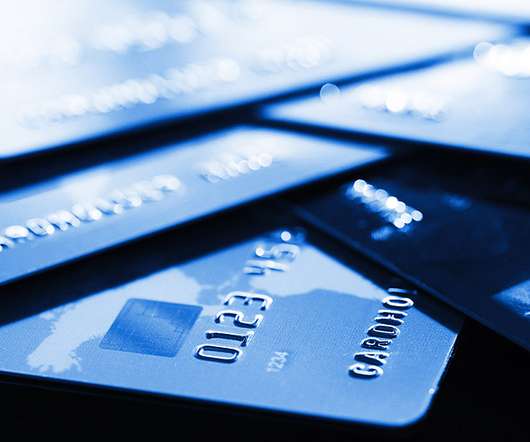
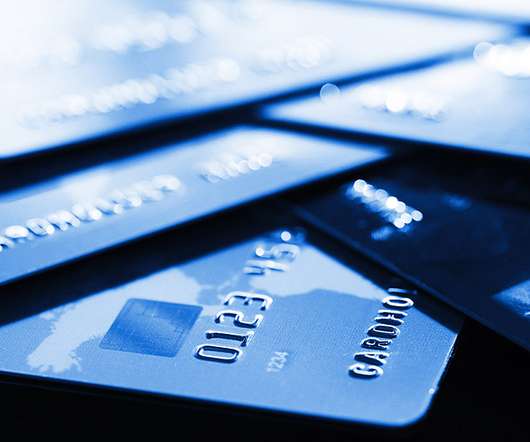

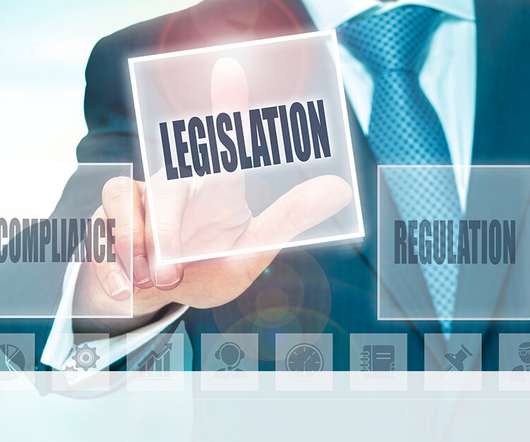
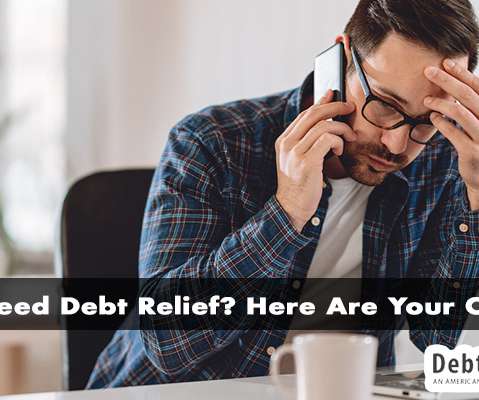
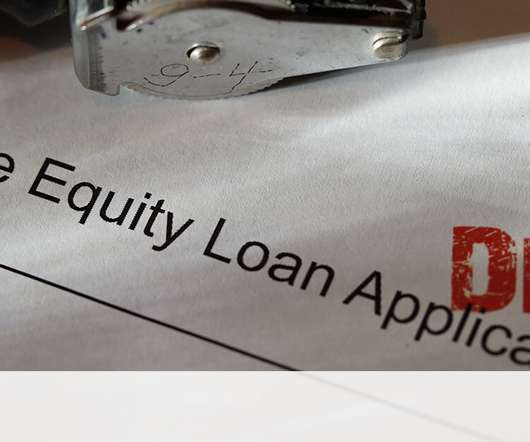




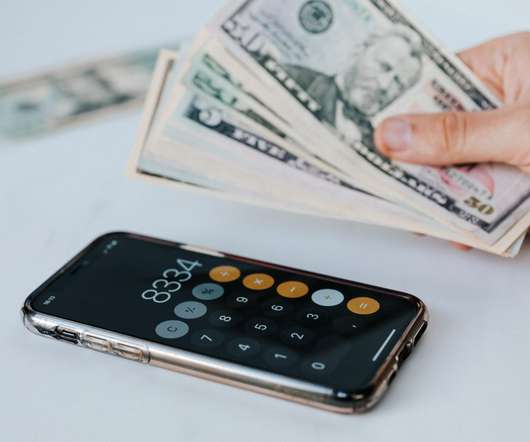







Let's personalize your content